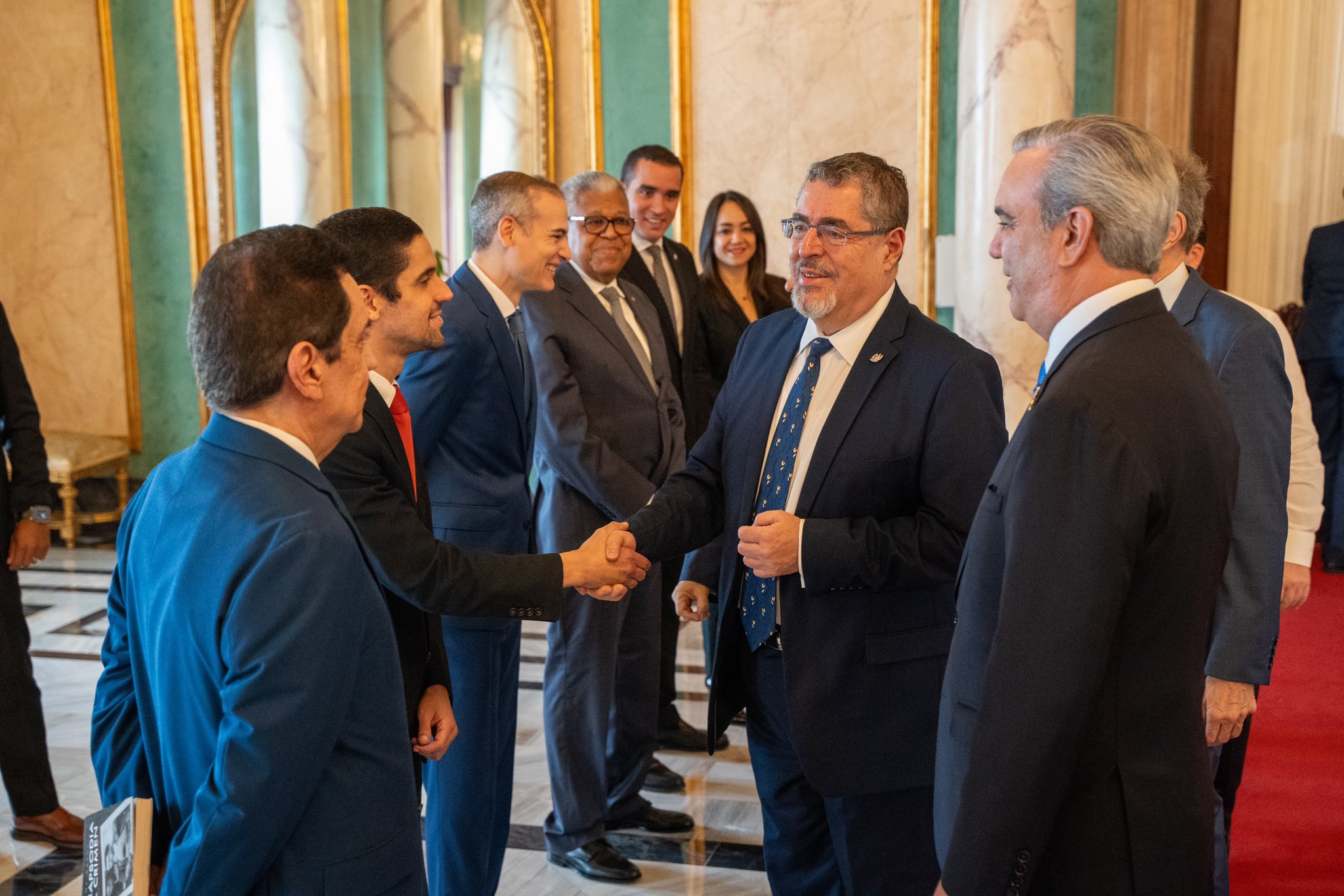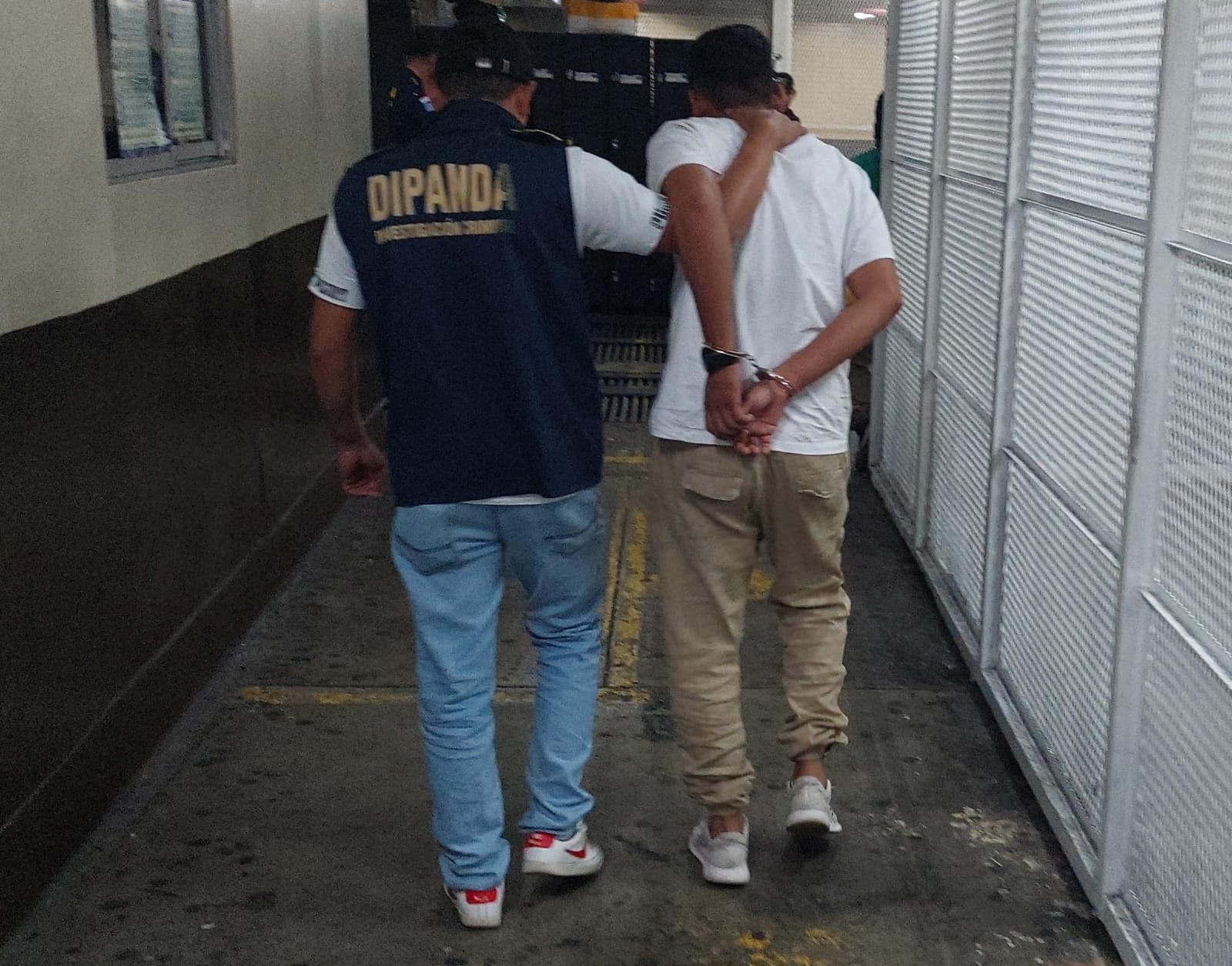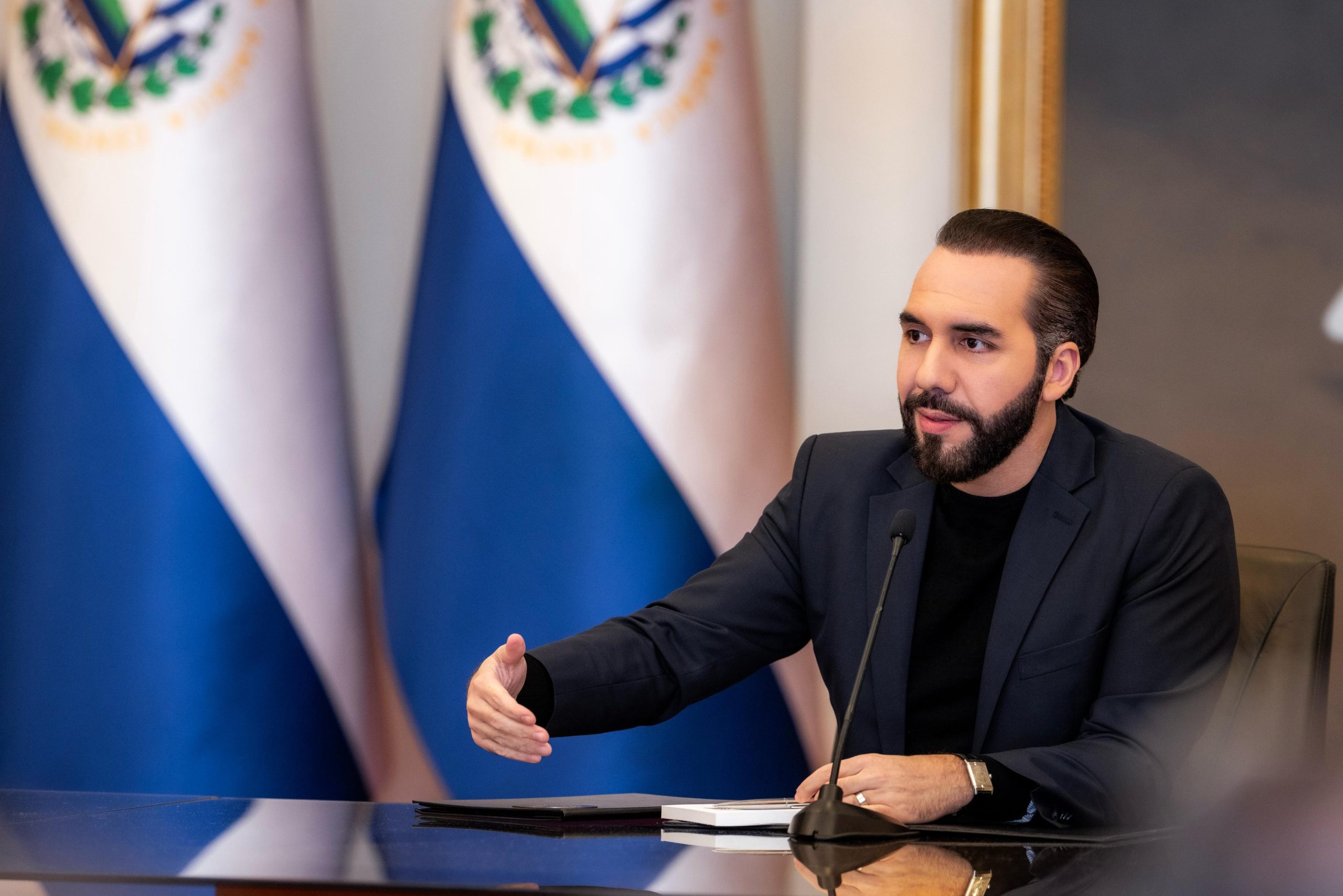Central America
Bernardo Arévalo is sure he will become Guatemala’s president

December 19 |
Bernardo Arévalo, president-elect of Guatemala, ratified on Monday that next January 14 he will assume power in the country, despite the opposition of the Attorney General’s Office, which wants to annul the elections.
Arevalo, who is in the Dominican Republic, assured in a press conference held in Santo Domingo that he is completely sure that the change of government of his country will take place.
The president-elect, who was accompanied by his future Dominican counterpart, Luis Abinader, said that his first action as head of state of Guatemala is to demand the resignation of Attorney General Consuelo Porras Argueta.
“Next January 14 we will be assuming power, in the first place because that is the logical conclusion of an electoral process perfectly conducted and certified nationally and internationally, which gave convincing results, despite the onslaught of a Judicial Power penetrated by political criminal networks”, said Arevalo.
Attorney General’s Office against the elections
It is important to remember that the Attorney General’s Office of Guatemala, headed by Consuelo Porras, is conducting a process in which they are questioning Arevalo’s victory and the legitimacy of the winning party, the Seed Movement.
Despite the call of the Public Prosecutor’s Office, the Supreme Electoral Tribunal stated that the results of the presidential election are “validated, official and unalterable”, according to textual words of the president of the electoral body Blanca Alfaro.
Likewise, the Constitutional Court of Guatemala ordered “to guarantee the effective inauguration” on January 14, 2024, of the positions of president and vice president of the Republic, deputies to the Congress and other officials elected in the elections of 2023.
Central America
Guatemala Police Arrest Prison Guard Caught in the Act of Extortion

Guatemala’s National Civil Police (PNC) arrested a suspected extortionist in the act during an operation carried out in the department of Quiché, authorities reported.
According to the police report, the arrest took place in Zone 1 of Santa Cruz del Quiché after officers responded to a citizen complaint. Agents from Precinct 71 identified the suspect as Encarnación “N”, 41, who was serving as a guard in the Guatemalan Penitentiary System.
The suspect was caught while attempting to collect a package simulating an extortion payment totaling 25,000 quetzales. Police intervened at the precise moment the money was being handed over, allowing authorities to document the crime in flagrante delicto.
Following the operation, the detainee was placed at the disposal of the competent courts to face criminal proceedings.
The PNC emphasized that such operations aim to dismantle criminal structures involved in extortion, regardless of whether those implicated are linked to state institutions, and urged the public to continue reporting these crimes through confidential channels.
Central America
Honduras swears in conservative president Asfura after disputed election

Conservative politician Nasry Asfura assumed the presidency of Honduras on Tuesday with an agenda closely aligned with the United States, a shift that could strain the country’s relationship with China as he seeks to confront the economic and security challenges facing the poorest and most violent nation in Central America.
Asfura’s rise to power, backed by U.S. President Donald Trump, marks the end of four years of left-wing rule and secures Trump another regional ally amid the advance of conservative governments in Chile, Bolivia, Peru, and Argentina.
The 67-year-old former mayor and construction businessman was sworn in during an austere ceremony at the National Congress, following a tightly contested election marred by opposition allegations of fraud and Trump’s threat to cut U.S. aid if his preferred candidate did not prevail.
Grateful for Washington’s support, Asfura—who is of Palestinian descent—traveled to the United States to meet with Secretary of State Marco Rubio, before visiting Israeli Prime Minister Benjamin Netanyahu.
“We need to strengthen relations with our most important trading partner,” Asfura said after being declared the winner of the November 30 election by a narrow margin, following a tense vote count that lasted just over three weeks.
Central America
Bukele leads public trust rankings as UCA survey highlights gains in security

Results from the UCA Survey, conducted by the José Simeón Cañas Central American University (UCA), were presented on Tuesday, offering an assessment of the performance of the Government of El Salvador during 2025 and measuring public perception on key issues such as security and the economy.
According to the survey, President Nayib Bukele received an average score of 8.39 for his performance in 2025. In the category measuring levels of trust in national institutions and social actors, Bukele led the ranking with 77% public confidence, surpassing the Central Government (69.6%), the Armed Forces (69.1%), the National Civil Police (PNC), and the Catholic Church (58.4%), among others.
The survey also highlights an upward trend in the president’s evaluation. While Bukele scored 8.15 for his performance in 2024, the most recent assessment of his sixth year in office showed an increase to 8.39.
Meanwhile, the Government of El Salvador as a whole was rated 8.33 for its performance during 2025.
Respondents identified public security as the area showing the greatest progress in the country, with 62.7% recognizing improvements in this sector, according to the UCA survey released on Tuesday.
-

 Central America2 days ago
Central America2 days agoGuatemala seizes over a ton of cocaine hidden in flour at Pacific port
-

 Central America5 days ago
Central America5 days agoGuatemala’s president rules out negotiations with inmates after prison riots
-

 International4 days ago
International4 days agoTrump-Era Defense Plan Prioritizes Border Security and Scales Back Global Commitments
-

 Internacionales5 days ago
Internacionales5 days agoMajor winter storm threatens “catastrophic” ice and snow across much of the U.S.
-

 International4 days ago
International4 days agoBogotá and Quito Seek Dialogue After Tariffs and Power Cut Escalate Tensions
-

 International3 days ago
International3 days agoDelcy Rodríguez seeks political agreements after Maduro’s ouster
-

 International5 days ago
International5 days agoGuatemala considers sending high-risk gang members to military prisons
-

 International2 days ago
International2 days agoHistoric snowstorm paralyzes Toronto after 60 centimeters of snow
-

 International2 days ago
International2 days agoSpain’s irregular migrant population rises to 840,000, study finds
-

 International3 days ago
International3 days agoFederal immigration agents kill man in Minneapolis, sparking protests and outrage
-

 Central America16 hours ago
Central America16 hours agoGuatemala Police Arrest Prison Guard Caught in the Act of Extortion
-

 International5 days ago
International5 days agoRights group says over 5,000 killed in Iran protests, mostly civilians
-

 International16 hours ago
International16 hours agoWinter Storm Fern Leaves 30 Dead and Over One Million Without Power Across the U.S.
-

 Central America16 hours ago
Central America16 hours agoHonduras swears in conservative president Asfura after disputed election
-

 International16 hours ago
International16 hours agoDoomsday clock moves to 85 seconds before midnight amid rising global risks
-

 Sin categoría16 hours ago
Sin categoría16 hours agoEight Killed in Series of Armed Attacks in Ecuador’s Manabí Province
-

 International2 days ago
International2 days agoRights group says nearly 6,000 killed in Iran protest crackdown
-

 Central America16 hours ago
Central America16 hours agoBukele leads public trust rankings as UCA survey highlights gains in security
-

 International16 hours ago
International16 hours agoSpain approves plan to regularize up to 500,000 migrants in Historic Shift
-

 International2 days ago
International2 days agoVenezuela frees at least 80 political prisoners, NGO says
-

 Sin categoría16 hours ago
Sin categoría16 hours agoEl Salvador Launches Fourth Year of Ocean Mission to Protect Marine Ecosystems
-

 International2 days ago
International2 days agoEU launches new probe into X over AI-generated fake nude images
-

 International2 days ago
International2 days agoSevere winter storm grips U.S., leaves multiple dead as extreme cold persists
-

 International2 days ago
International2 days agoFrance debates ban on social media for children under 15






































































































